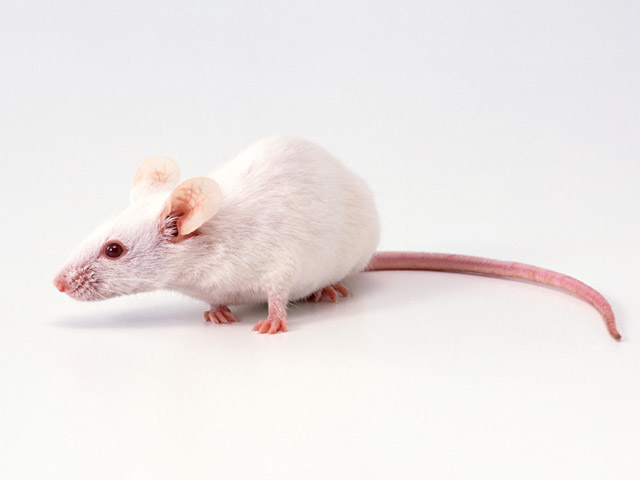
Wednesday, February 22, 2017 - Ever since agribusiness giant Monsanto began pushing its GM crops on the public, the company has maintained the technology is safe, and consumption of  genetically-modified corn causes no ill effects in either animals or humans.
genetically-modified corn causes no ill effects in either animals or humans.
The truth is that few real safety studies have ever been conducted, while much of the existing scientific literature on the subject is bogus, industry-backed drivel. However, despite Monsanto’s efforts to control the narrative, independent researchers have been finding evidence contradicting the company’s claims.
In one study conducted by two researchers at the Faculty of Medicine at Tanta University, Egypt, they fed Monsanto GM corn – a genetically-altered version of a local Egyptian corn variety – to laboratory rats over a 90-day period, with a control group being fed a non-GM variety of local corn. Among their findings:
- The rats fed the GM corn (MON810: Ajeeb YG) developed “serious damage to the surface mucous membranes of the jejunum (part of the small intestine).
- In the GM-fed rats, some areas of the villi were damaged. The crypts (mucosal glands) were disrupted and blood vessels were congested with signs of white blood cell infiltration.
- Other signs of damage included increased shedding of mucosal cells, increased numbers of mucous-secreting goblet cells, and higher rates of division of cells lining the crypts.”
The researchers concluded that despite Monsanto’s assurances, the consumption of GM corn “profoundly altered the histological structure of the jejunal mucosa at many levels and revealed several alarming signs.”
Two earlier Egyptian studies involving rats that consumed the same Monsanto GM variety corn revealed differences in organ and body, damage to the liver, kidneys, intestines and testes, and in blood biochemistry suggesting that the GM corn might produce “potential adverse health/toxic effects.”
Interestingly, there appears to be another problem with MON810. Independent nonprofit research institute Test Biotech has reported that MON810 poses a risk of GM transgenes spreading to other plant species, and is calling for a withdrawal of Monsanto’s application to the EU for approval of its cultivation.
It’s become increasingly evident that GM technology has turned out to be a dangerous experiment gone completely awry. GM crops have failed to produce the promised yields, while more and more studies are uncovering health risks associated with the technology.
Glyphosate, the main ingredient in Monsanto’s Roundup – an herbicide essential to the whole Monsanto biotech equation – is a highly toxic and carcinogenic chemical. Glyphosate has now become the most widely used herbicide in history, and roughly 19 percent of all glyphosate produced since it was first introduced in 1974 has been dumped on the United States alone.
Learn more at this link